The Marshall Islands — History and a “Never Back Down” Spirit
- 2025/06/02 21:19

The Marshall Islands — History and a “Never Back Down” Spirit
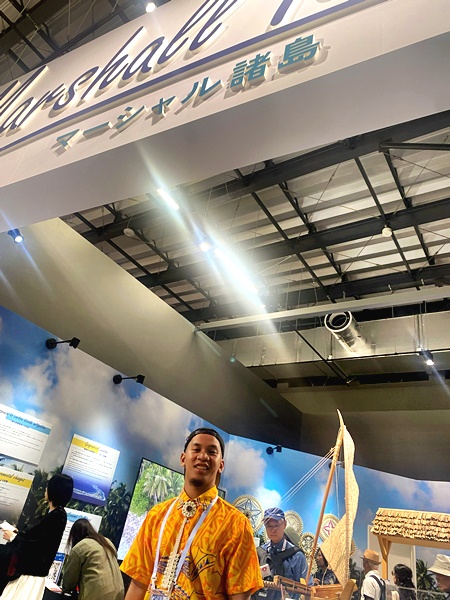
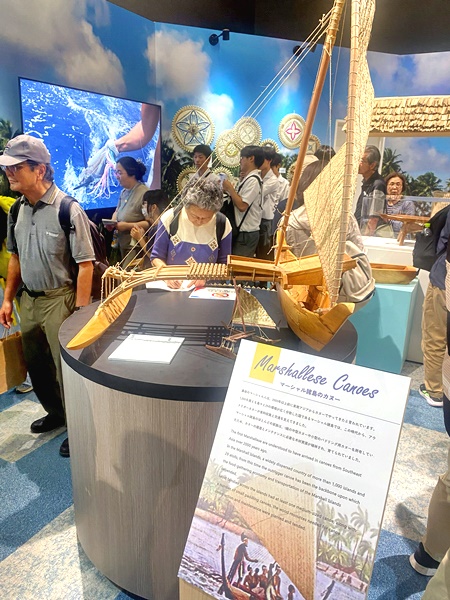
The Marshall Islands will participate in the 2025 Osaka-Kansai Expo with a national pavilion, sharing their climate change initiatives and traditional culture with the world. Attention is focused on the unique history of this small island nation and its determination to confront challenges head-on.
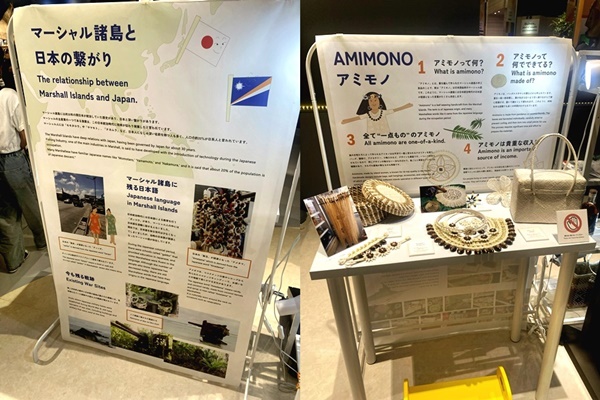
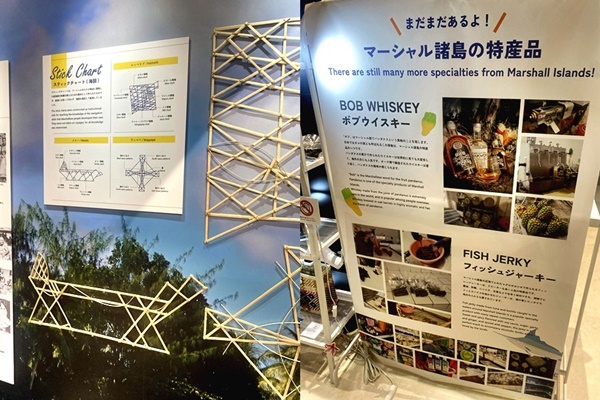
A Unique History and Hardships
The history of the Marshall Islands began about 2,000 years ago, and since the 16th century, the islands have been ruled by major powers such as Spain, Germany, Japan, and the United States.
After World War II, the Marshall Islands became a U.S. Trust Territory. From 1946 to 1958, 67 nuclear tests were conducted at Bikini Atoll and other sites, causing many residents to suffer from radiation exposure and the loss of their homelands.
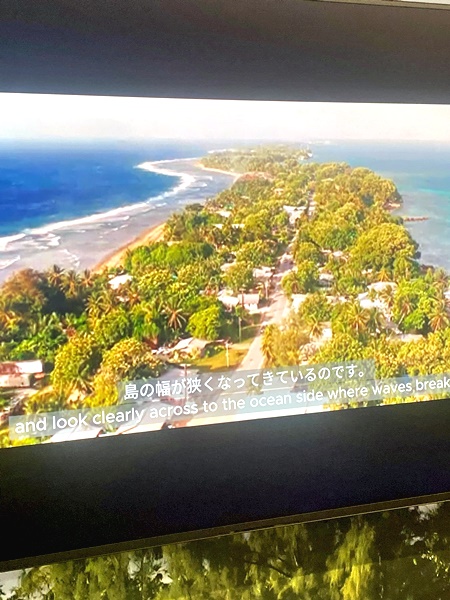
The Greatest Challenge — Climate Change
The average elevation of the Marshall Islands is about 2 meters. Global warming and rising sea levels threaten to submerge most of the country.
Although the Marshallese contribute little to global CO₂ emissions, they face daily risks such as storm surges, flooding, and food insecurity as a result of emissions from developed nations.
A Spirit That Never Backs Down
The Marshall Islands have formulated an adaptation plan worth $35 billion, appealing to the world for support to protect their people's lives and culture.
At the Expo pavilion, they plan to showcase their efforts in climate action, traditional navigation, and ecotourism, demonstrating how they are forging a future amid adversity.
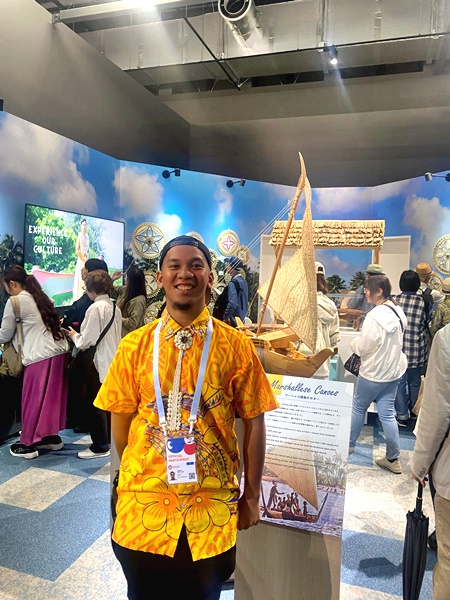
“Raising our voices in the international community to protect our land and culture”—this is the very symbol of the Marshall Islands’ “never back down” spirit.
Mr. Goodwind Silk is a staff member at the Marshall Islands Pavilion.
With the spirit of ‘lakwe’—meaning love—he and his community face their challenging realities with a positive outlook and determination in their daily lives.
As a senior at the University of the Marshall Islands, Mr. Silk has served as a leader in student activities and now represents his country as a staff member at the Expo, introducing visitors to the culture and situation of the Marshall Islands.
He is also actively involved in raising awareness about climate change. For example, he is a member of Jo-Jikum, which means “your home” in Marshallese. Jo-Jikum is an educational organization that supports young Marshall Islanders in responding to climate change by organizing island-wide cleanups, climate change workshops, community movie nights, and other activities.
“Our culture and way of life are deeply connected to the environment. If we lose them, our very identity will be at risk.”
— Kathy Jetn̄il-Kijiner, Climate Envoy of the Marshall Islands
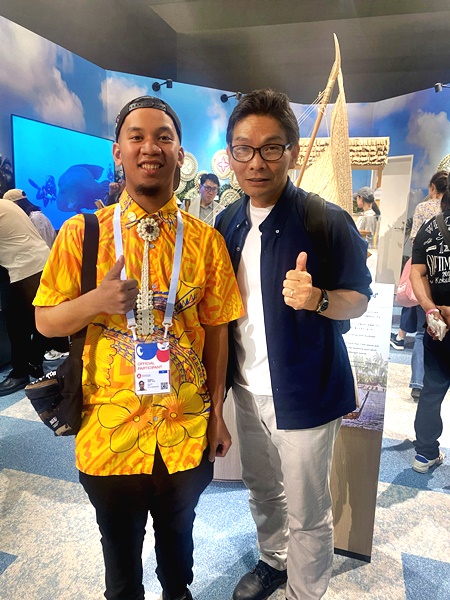
Mr. Silk told me that as a student leader, he is always striving and speaking out to improve his community’s situation, even if just a little. The Marshall Islands also have a deep connection with Japan, including a period of Japanese occupation, and some Japanese words like “amimono” (knitting/crochet) remain in everyday use. In addition, Japan supports efforts to address the impacts of radiation, build fish markets, improve hospitals, and assist fisheries and healthcare through grant aid.
Despite being a small country with a population of just 38,000, I deeply felt that the challenges they face are inevitable issues shared by the entire world. (written by Kazumi Miyazaki, the Editor-in-Chief of Globalcommunity)